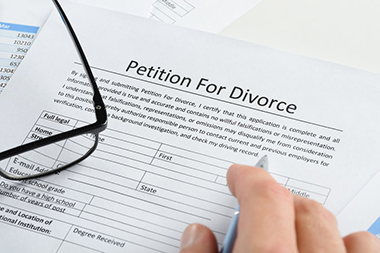
Asset and Property Division
How do assets and properties divide in a divorce?
The divorce lawyer can work with you to determine how you think your property and assets should be divided when you’re leaving your spouse. In many cases, both sides might have different ideas about what they think is fair, meaning you need an experienced advocate to help you present your side of the case and arrive at a court decision that you’re satisfied with.
How do contested vs uncontested divorces affect assets and properties?
A divorce can be either “contested” or “uncontested.” You might wonder where your own upcoming divorce proceedings fit in.
Your divorce could be classified as “contested” if you and your partner strongly disagree on important aspects of the divorce process. If this is the case, you’re looking at a more complicated legal proceeding.
Dividing Marital Properties and Assets in Dallas
Each state has its own set of rules about how things are divided up in a divorce. Texas is what’s known as a “community property state.”
This does not necessarily mean that things need to be divided up perfectly evenly in a 50/50 split. However, the judge will need to weigh all of the facts at hand to figure out what kind of division is the most fair and just. This takes into account things like each spouse’s earning power, as well as different responsibilities in raising the children.
This could be 50/50, 60/40, or some other split.
Will I Get My Fair Share?
What’s "fair" is determined by law, and by the courts' discretion. There are some factors you should be aware of, however, that could cause you or your former spouse to receive a seemingly disproportionate share of the estate.
- Fault in the dissolution of the marriage. In many cases, the decision to divorce is mutual, and no one's really at fault. However, if a partner is at fault due to adultery, cruelty, or other factors that constitute grounds for divorce in the state of Texas, they may receive a smaller share.
- How a not-at-fault spouse would have benefited from a continued marriage. How much does the spouse who isn't at fault — for example, a wife whose husband cheated and who filed for divorce as a result - lose in terms of money, lifestyle, and other factors?
- Differences in earning capacities. If one spouse earns significantly less than the other, they may be awarded a larger share of the existing marital property and assets.
- Size of community (shared) and separate estates. Spouses don't always share 100% of their assets and property, and each person may have things that are in their name only, not the spouse's.
These are just a few of the things that go into a decision about who gets what after a divorce. While things are pretty straightforward in mutual, uncontested divorces, a contested divorce with an at-fault party can change the stakes.



